Conflict rarely feels good. Most of us avoid it at all costs. Others of us may decide to confront conflict head-on but leave damage in our wake. Regardless, when conflict occurs, disruptive and unsettling thoughts and emotions swirl in our minds and hearts. Our experience of conflict feels negative, so whether we think it explicitly or not, we might naturally conclude that conflict itself is ‘negative’ or ‘bad.’
But what if conflict is an inevitable part of being human? And what if we reframed it as an opportunity for transformation?
While we may long for an idealized version of relationships where a feeling of comfort and safety perpetually resides – and may even find ourselves picturing that as a healthy relationship, friction in close relationships – particularly long-term romantic relationships – is inevitable. Over time how we respond and what we do with that friction determines how our relationships will be impacted. Conflict presents us with an opportunity to grow. Author and psychotherapist Resmaa Menakem writes, “Paradoxically, the only way to ease your pain is to accept it, work with it, and use it as fuel for growth. Only by leaning into your pain can you move through it and out of it” (Menakem, 2020, p. 28).
I want to pause here and say that it’s necessary to delineate between inevitable relational conflict and harmful conflict. If you are in a relationship where you experience physical or emotional abuse, this is harmful conflict. This blog post is not intended to speak to this destructive type of conflict. Abuse is never okay. If this is you, please reach out to a therapist to get the support that you need.
What Is Your Conflict Style?
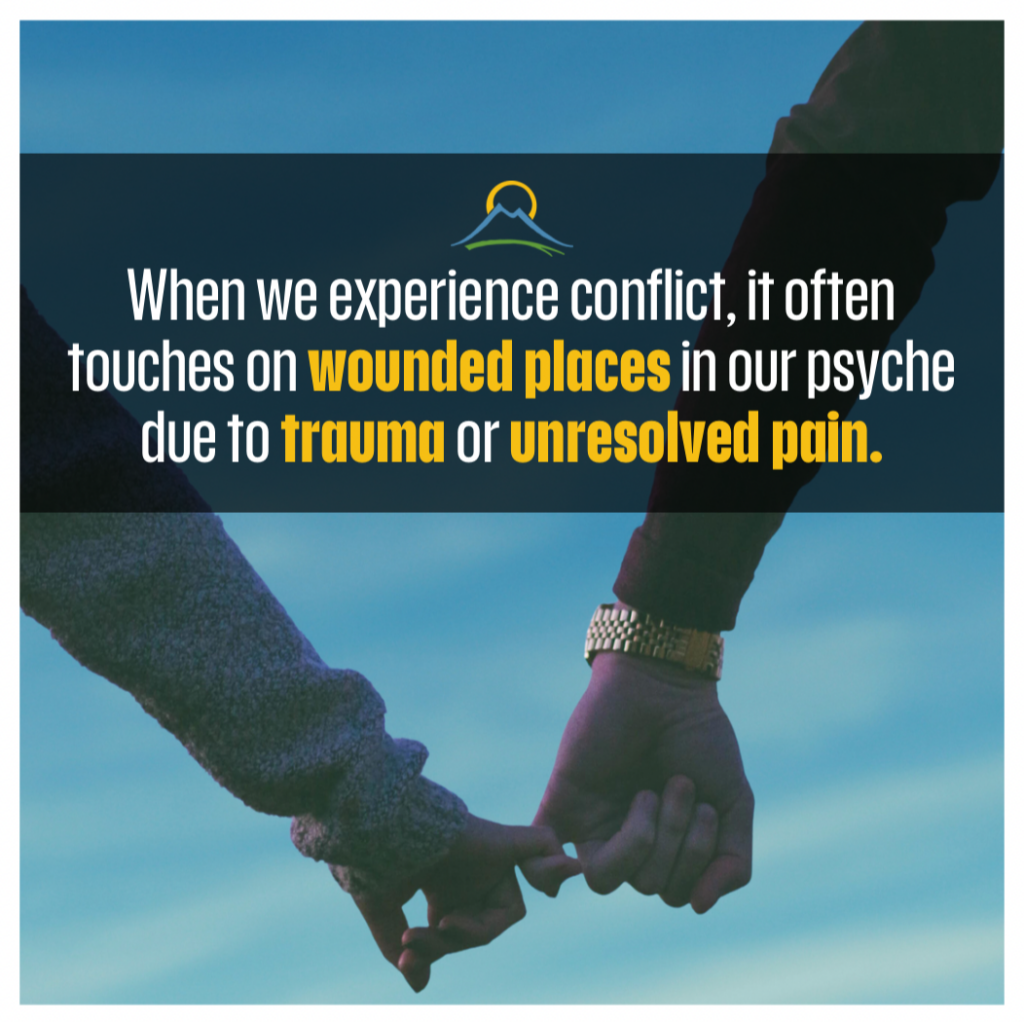
Our conflict styles are largely shaped by our family of origin, dynamics and patterns experienced in childhood and adolescence, and our personalities. When we experience conflict, it often touches on wounded places in our psyche due to trauma or unresolved pain.
We may notice ourselves reacting defensively, going into fight, flight, or freeze mode, or feeling dysregulated or dissociated. We might move towards or away from another, become smaller or bigger, shut down or become activated, or a variety of other responses.
Through the process of therapy, you can uncover the underlying stories you have about conflict that shape your interactions with others. A therapist can work with you to find healing and growth in wounded places. Through healing you will experience the ability to bring increasing awareness to relational dynamics and from there be empowered to choose who you want to be and how you want to relate to your partner.
This kind of transformation rarely happens overnight; it is almost always a slow process that happens over a period of time and can be supported with the help of a professionally trained clinician. Though it might sound like a lot of work, experiencing healing and becoming the person you want to be for yourself and your partner is a worthwhile endeavor.
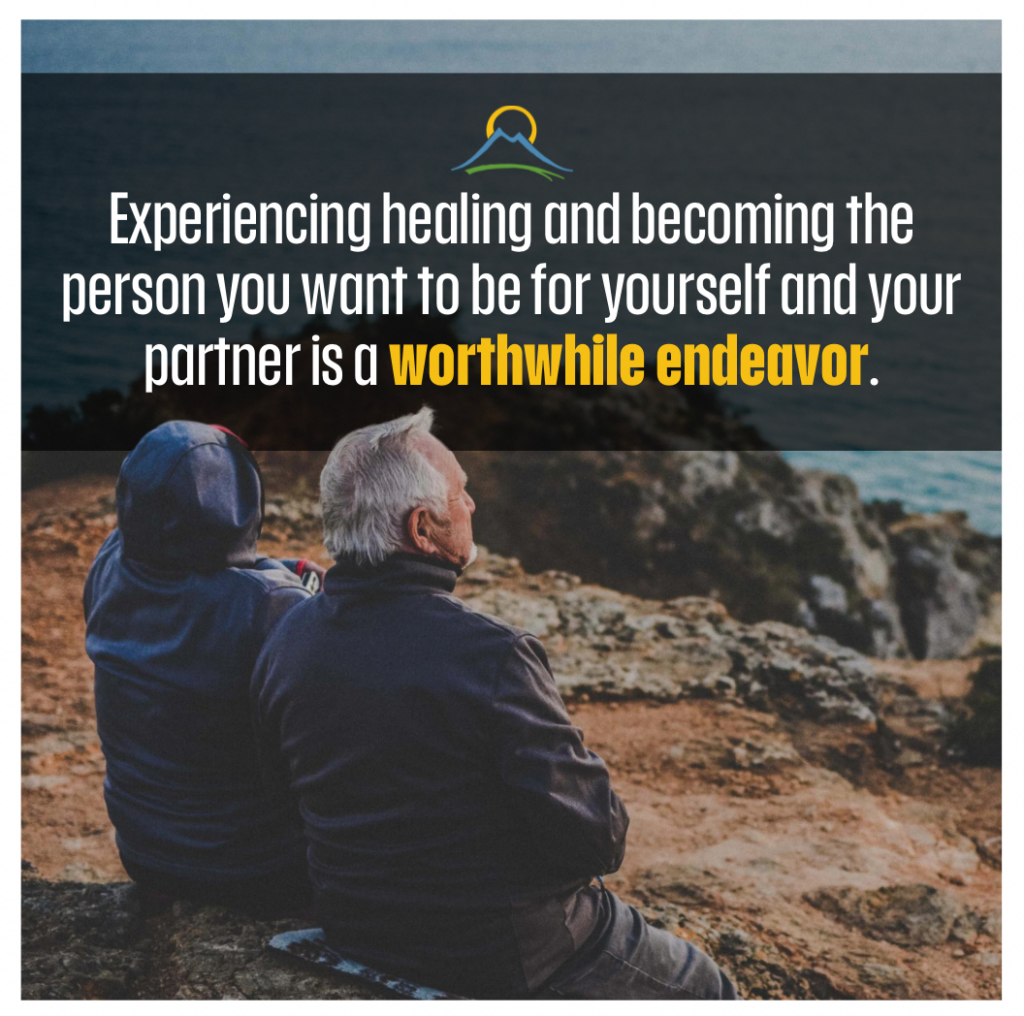
5 Primary Conflict Styles
According to the Thomas-Kilmaan Instrument, there are five primary modes of conflict including competing, accommodating, avoiding, collaborating, and compromising. Within these five styles they look at two components within conflict: assertiveness and cooperativeness – focusing on satisfying one’s own concerns or the other person’s concerns and the interplay of these two gravitational pulls. This short quiz focuses on these five styles of conflict.
You might discover that you have a primary way of responding during conflict or that you have multiple responses. Taking this quiz might help you begin to bring awareness to how you relate to conflict in your everyday interactions. It could also be the beginning of a conversation with a friend, your partner, or a therapist.
Sometimes it’s difficult to imagine how any good could come out of conflict, but as we shift our view of conflict we might be surprised to find just how much goodness can come when we lean in and open ourselves to transformation.
References:
- Menakem, R. (2020) Rock the Boat: How to Use Conflict to Heal and Deepen Your Relationships. Resmaa Menakem.
- Kilmaan, R & Thomas, K. An Overview of the TKI Assessment Tool.
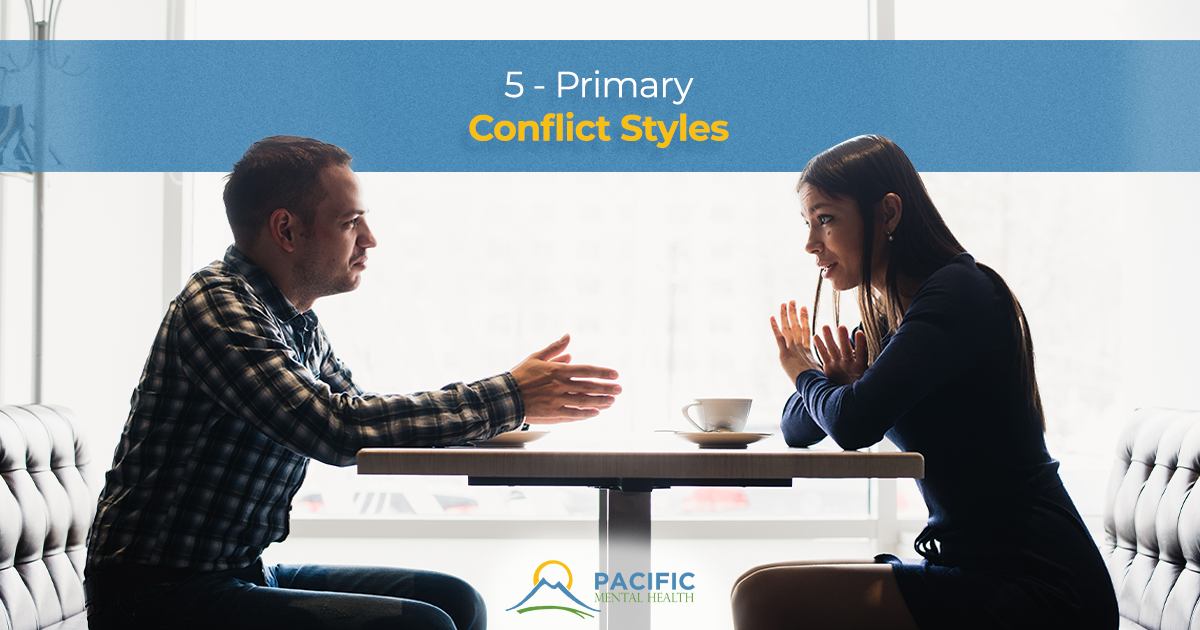
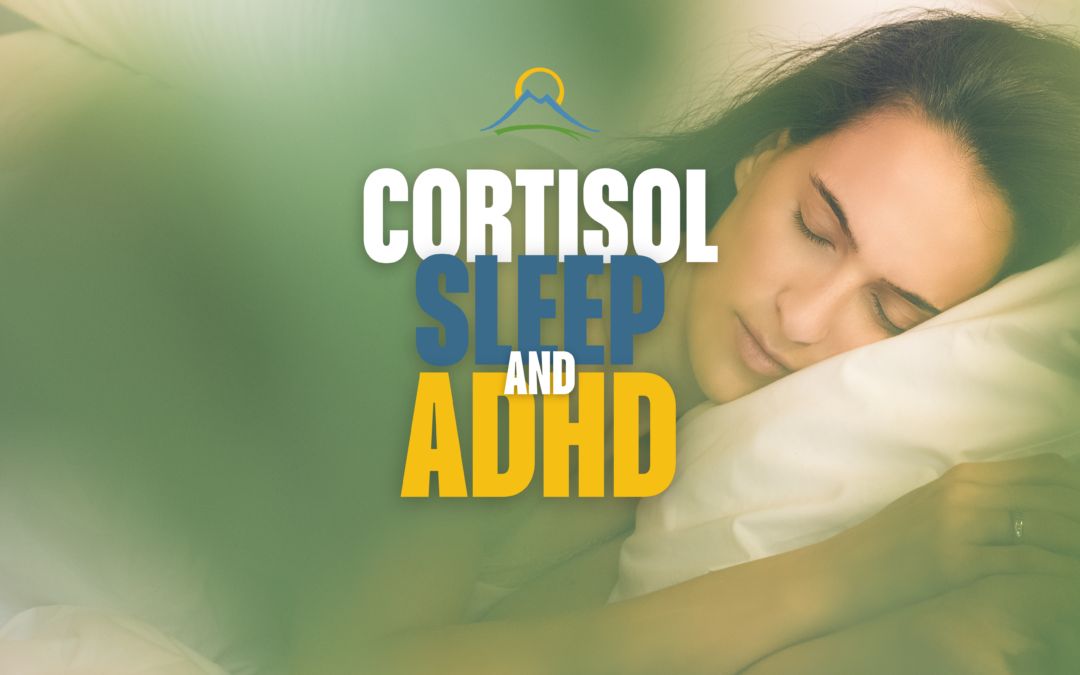
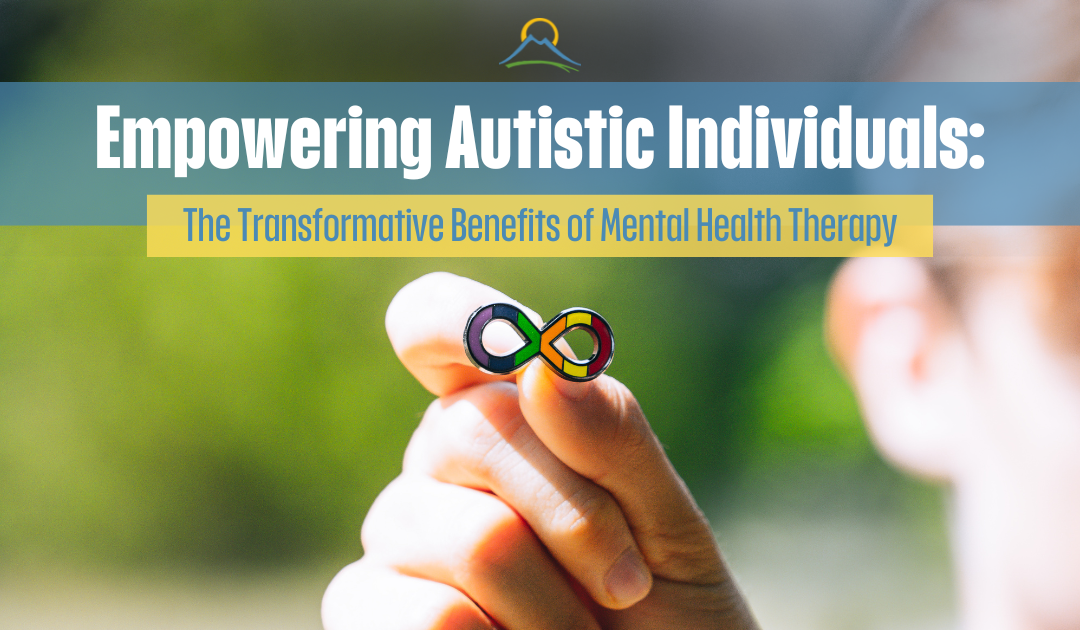
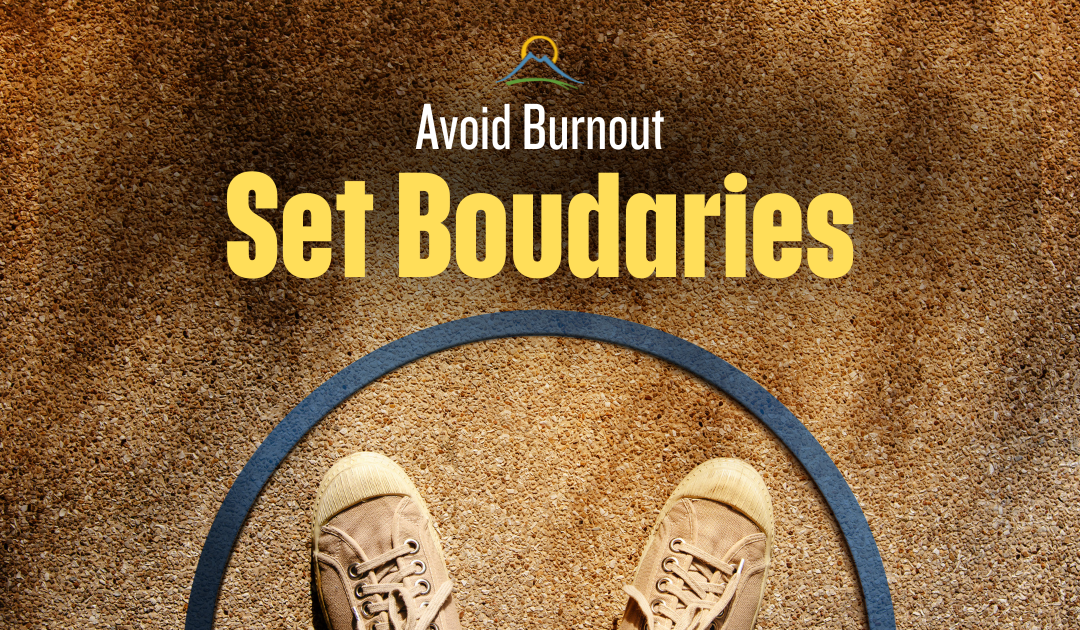

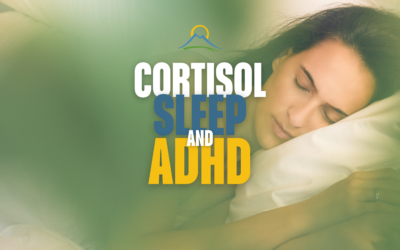

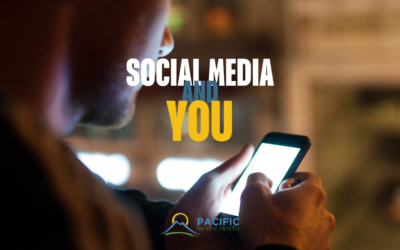
0 Comments